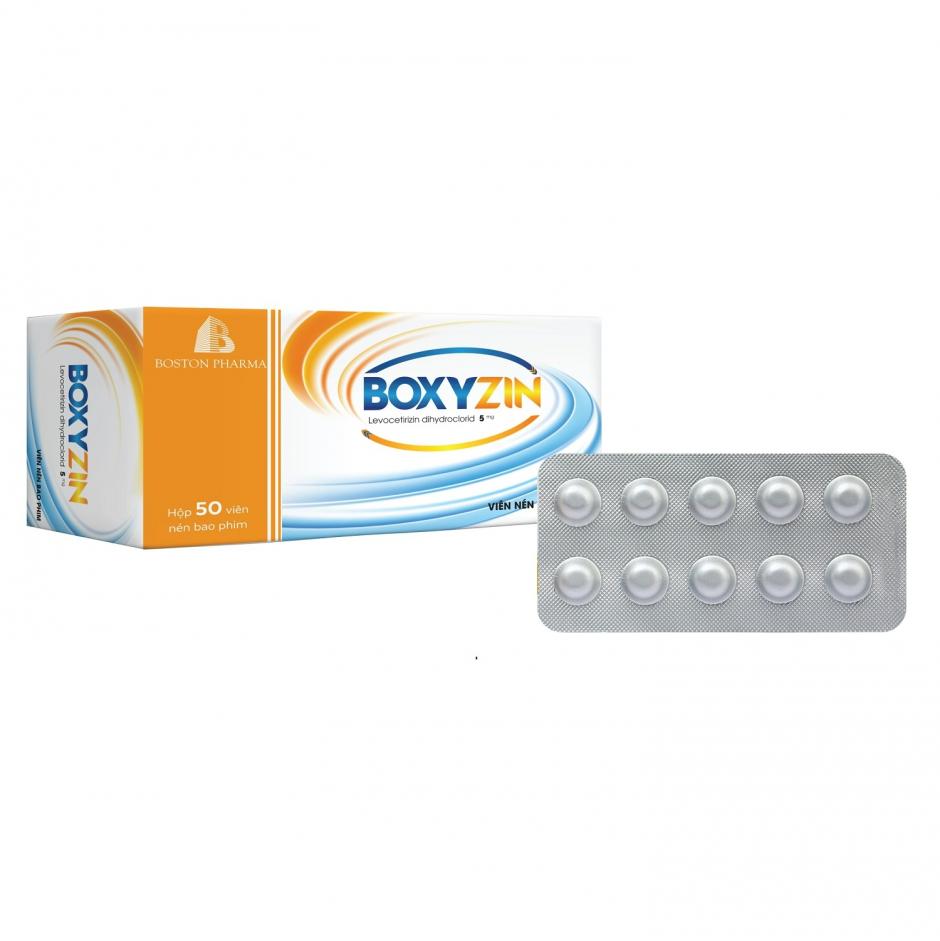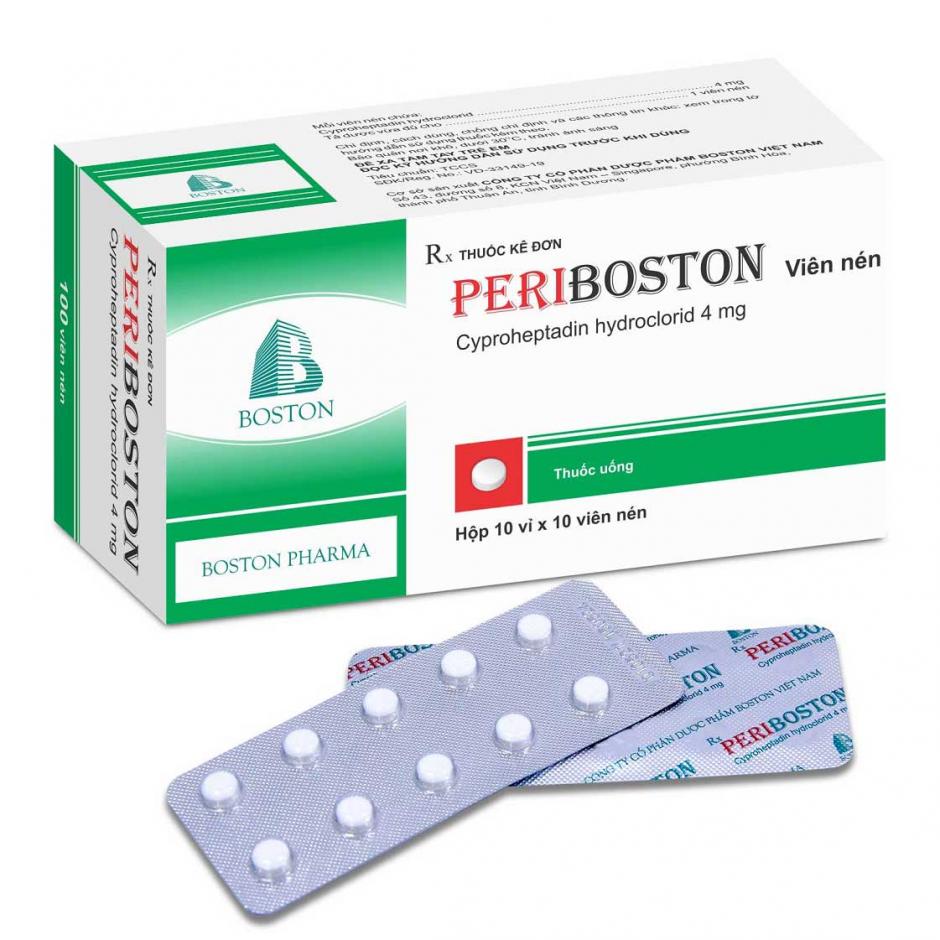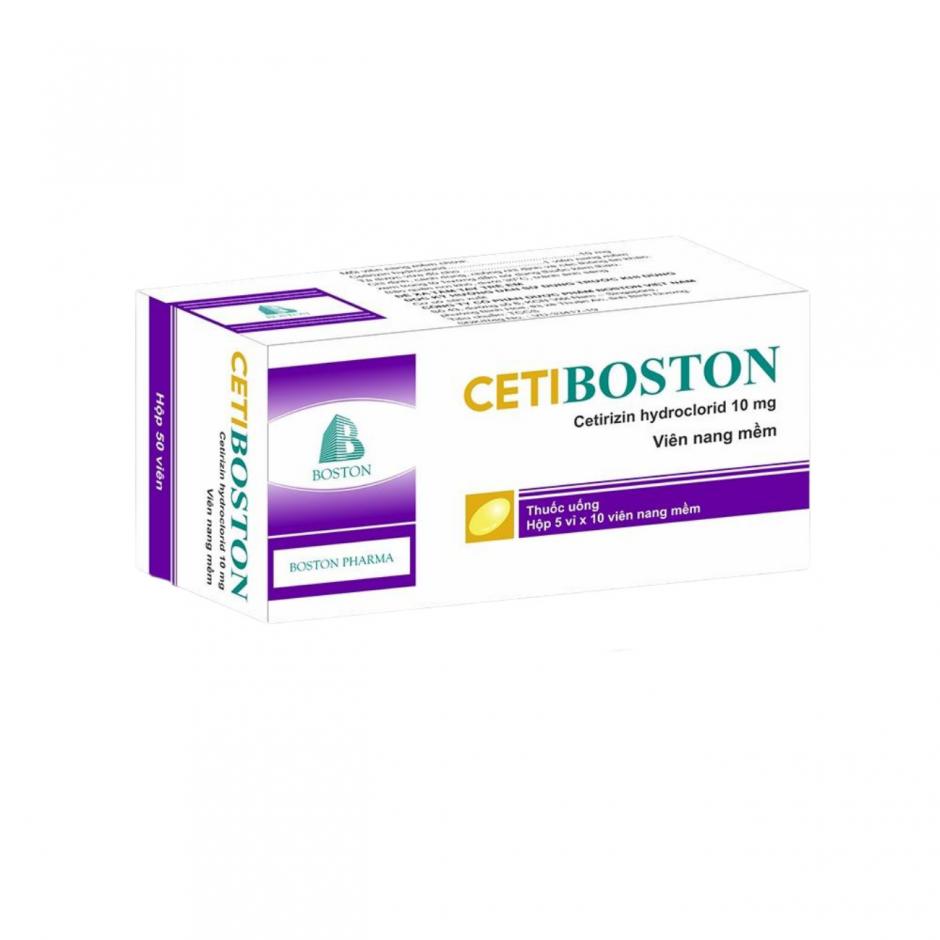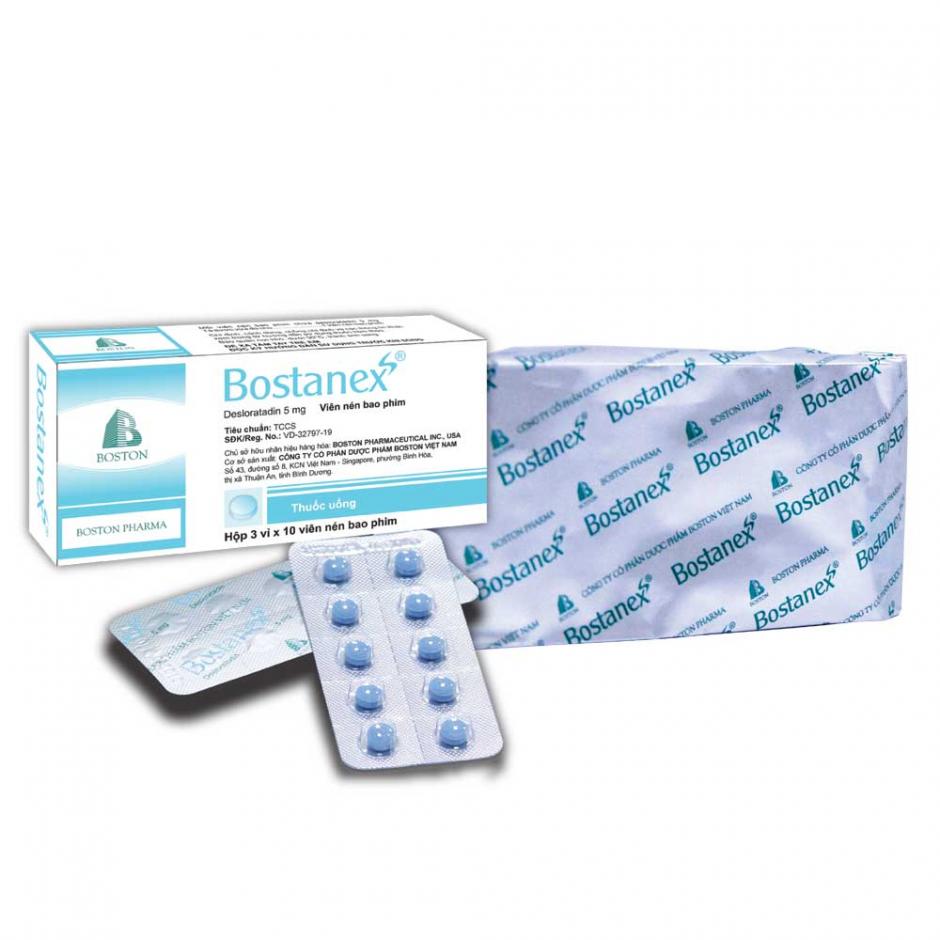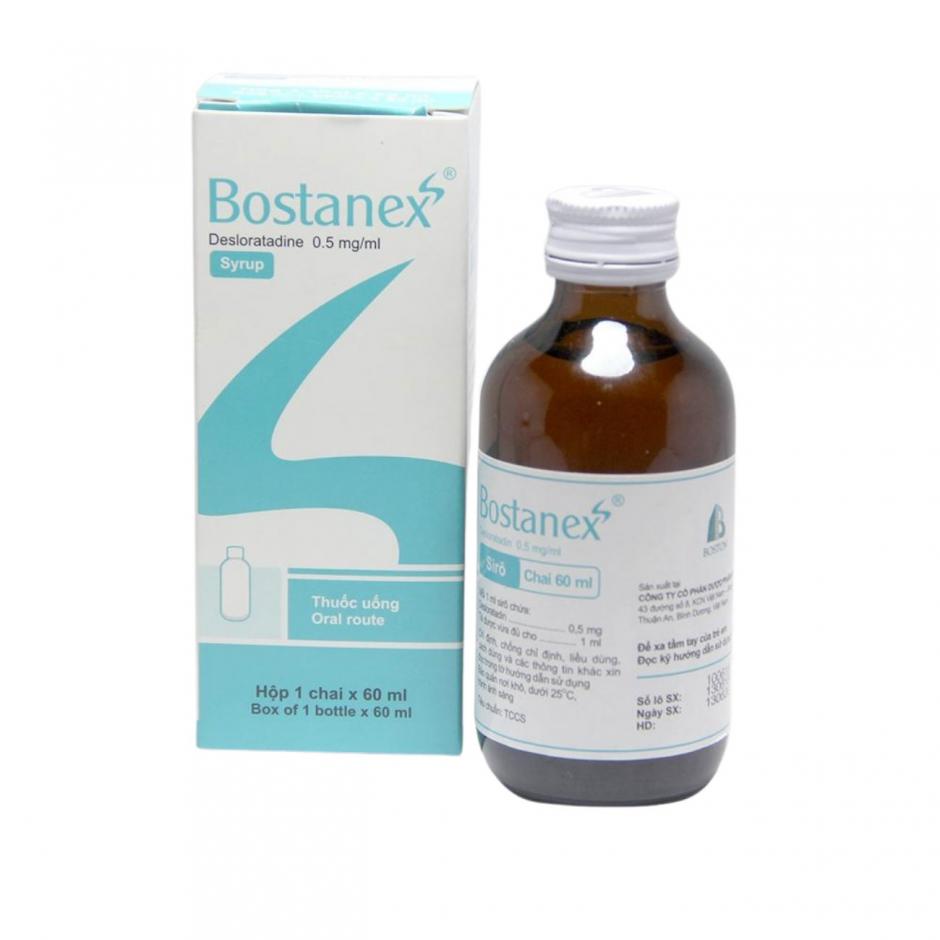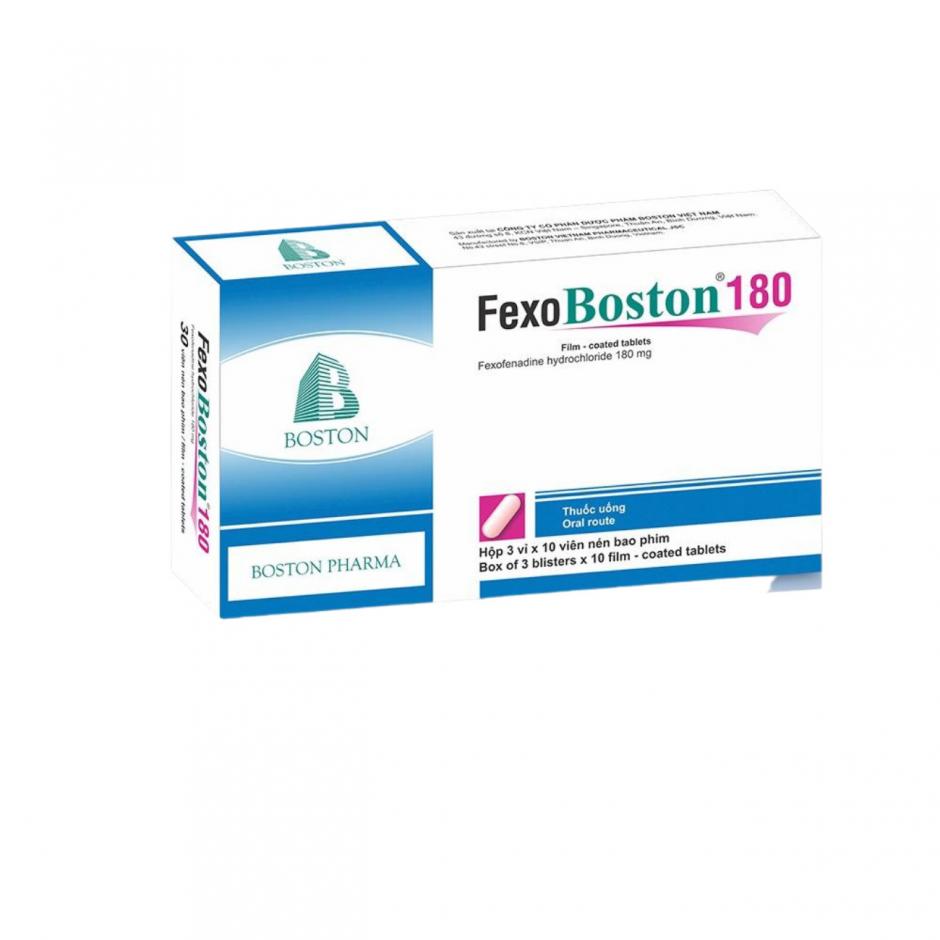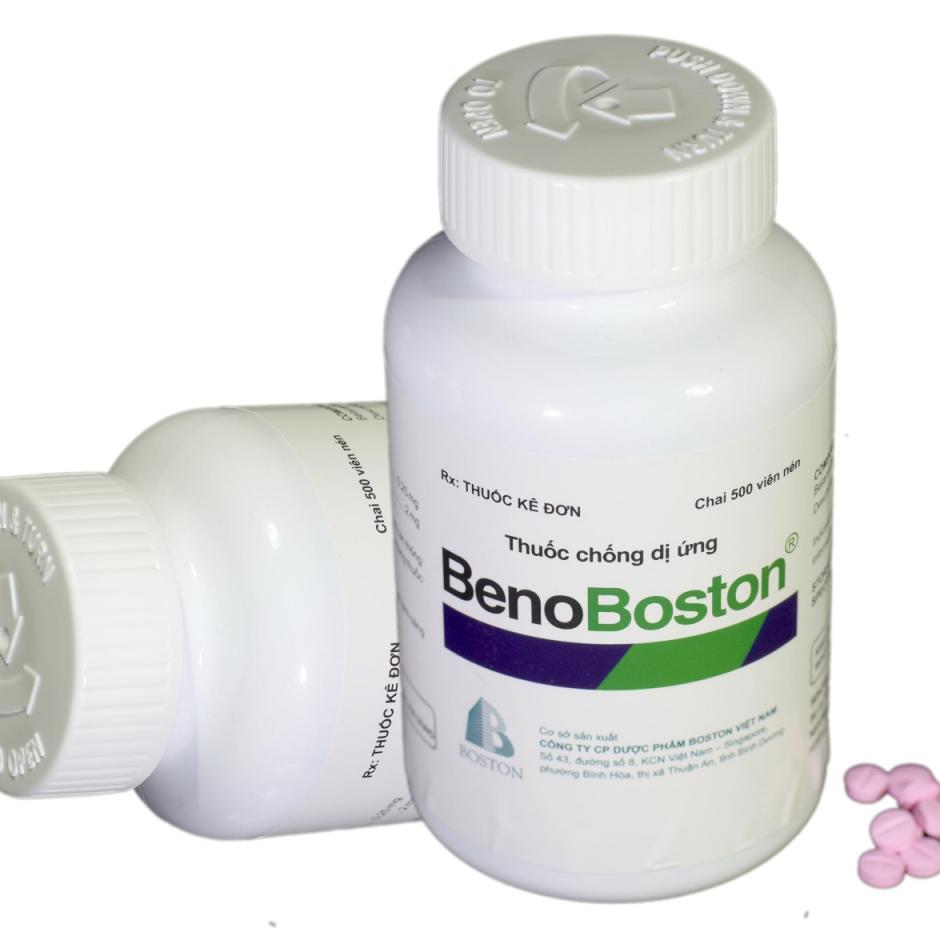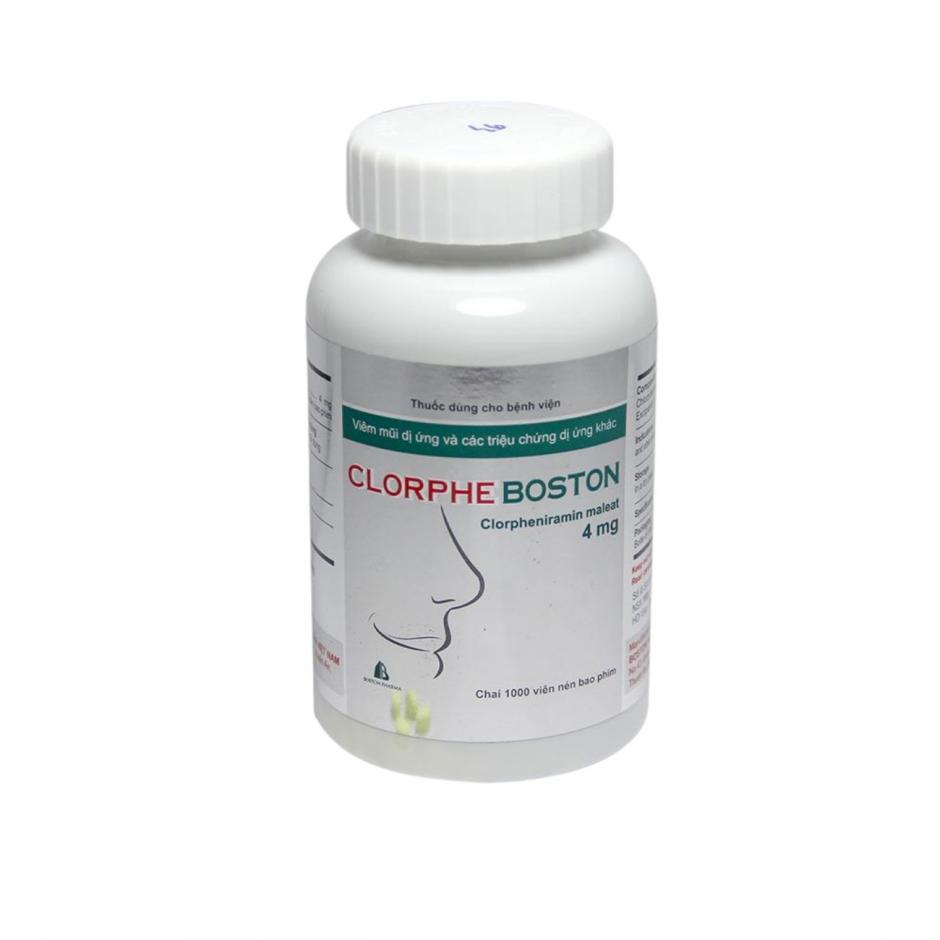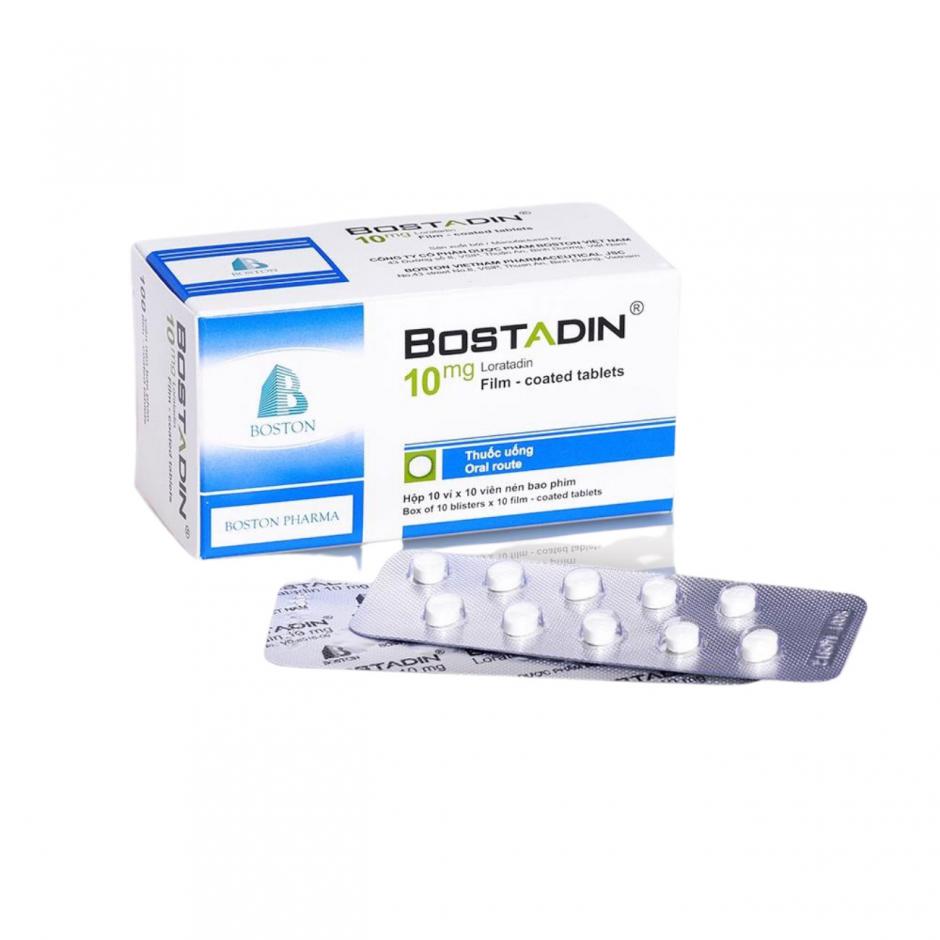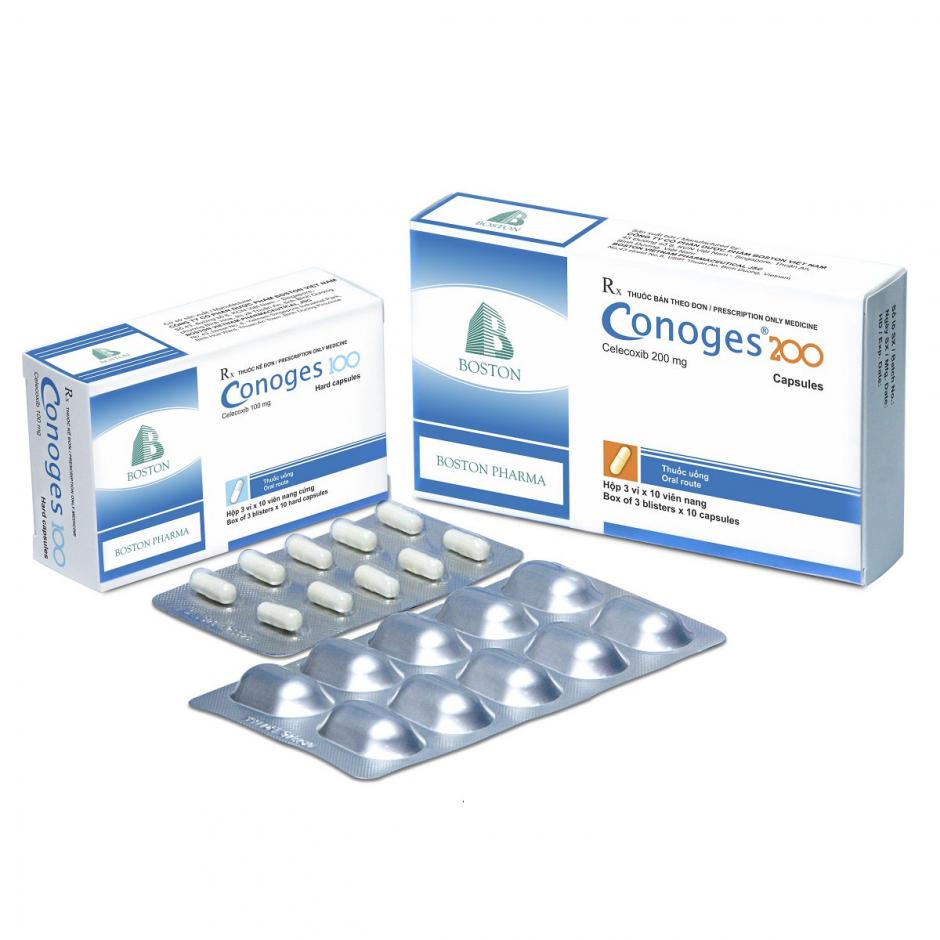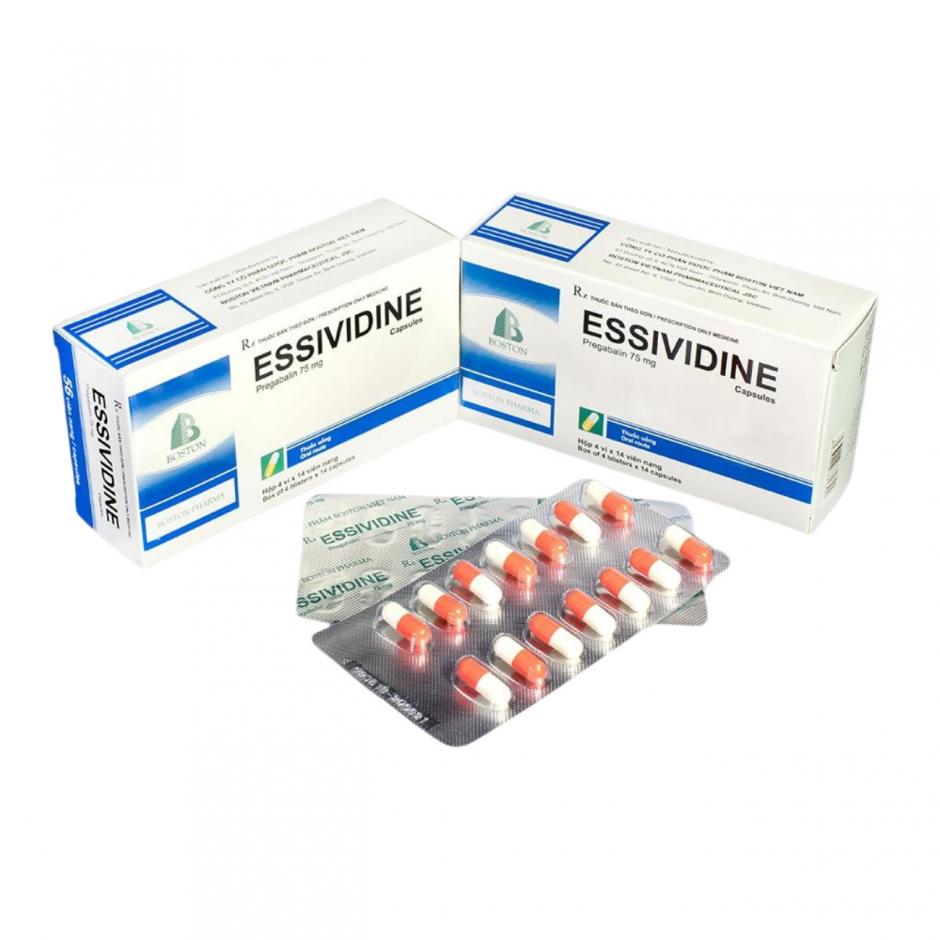DOSAGE AND ADMINISTRATION
Administration
CETIRIZIN BOSTON is administered orally. Take the whole tablet with a glass of water.
Dosage:
Adults: 10 mg once daily (1 tablet)
Special patient populations:
Elderly:
No dose adjustment is necessary for elderly with normal renal function.
Renal impairment:
The safety and efficacy of cetirizine in patients with renal impairment have not been established. As cetirizin is eliminated primarily by kidneys, in case alternative medicine is not available, the dosing interval must be adjusted for each patient individually based on their renal function.
Dosage adjustment for adults by renal function are as follow:
|
Renal function
|
ClCr (ml/min)
|
Recommended dosage
|
|
Normal
|
≥ 80
|
10 mg once daily
|
|
Mild renal impairment
|
50 – 79
|
10 mg once daily
|
|
Moderate renal impairment
|
30 – 49
|
5 mg once daily (*)
|
|
Severe renal impairment
|
< 30
|
5 mg once every 2 days (*)
|
|
End-stage renal disease and patient undergoing dialysis
|
< 10
|
Contra-indication
|
(*): at dose level of 5 mg, CETIRIZIN BOSTON could not have assurance of dose division for these patients. They should refer to another medicine with an appropriate dosage.
Patients with hepatic impairment
- No dose adjustment is necessary. Dosage adjustment is recommended for patients with renal and hepatic impairment.
Children
- Adults and children over 12 years: 10 mg (1 tablet) once daily.
- Children 6-12 years: 5 mg once daily. At dose level of 5 mg, CETIRIZIN BOSTON could not have assurance of dose division for these patients. They should refer to another medicine with an appropriate dosage.
- Children under 6 years: do not use for children under 6 years as dose division could not be assured. Another medicine with an appropriate dosage should be recommended.
- For children with renal impairment, dosage must be calculated for each individual by renal function, age and weight.
CONTRAINDICATIONS
Patient with history hypersensitivity to cetirizine hydrochloride, hydroxyzine, the piperazine derivatives or to any of the ingredients.
Moderate to severe renal impairment with ClCr < 10 ml/min.
WARNINGS AND PRECAUTIONS
- At therapeutic doses, no clinically significant interactions have been demonstrated with alcohol (for a blood alcohol level of 0.5 g/1). Nevertheless, precaution is recommended if alcohol or food is taken concomitantly.
- Caution should be taken in patients with predisposition factors of urinary retention (e.g. spinal cord lesion, prostatic hyperplasia) as cetirizine may increase the risk of urinary retention.
- Patients with renal and hepatic impairment should consult doctors before use. If necessary, the dosage for these patients could be adjusted.
- Caution is recommended in epileptic patients and patients at risk of convulsions.
- Allergy skin tests are inhibited by antihistamines and a wash-out period (of 3 days) is required before performing them.
- Rashes and/or urticaria may occur upon discontinuation of cetirizine, even if these symptoms did not appear prior to initiation of treatment. In some cases, symptoms may worsen and require treatment. Treatment of symptoms should be completed before restarting treatment with cetirizine.
- This medicine is not recommended in children aged less than 6 years and patients with moderate to severe renal impairment since this formulation does not allow for appropriate dose adaptation.
Precautions with excipients:
- This product contains lactose. Patients with rare hereditary problems of galactose intolerance, the Lapp lactase deficiency of glucose-galactose malabsorption should not take cetirizine film-coated tablets.
- This product contains ponceau 4R colour, which could cause an allergic reaction.
SHELF-LIFE: 36 months from the manufacturing date.



_CETIRIZIN_BOSTON.jpg)
